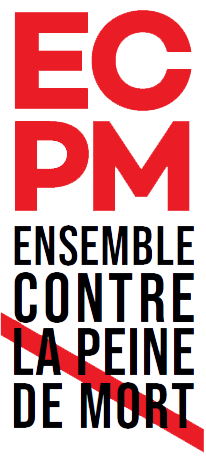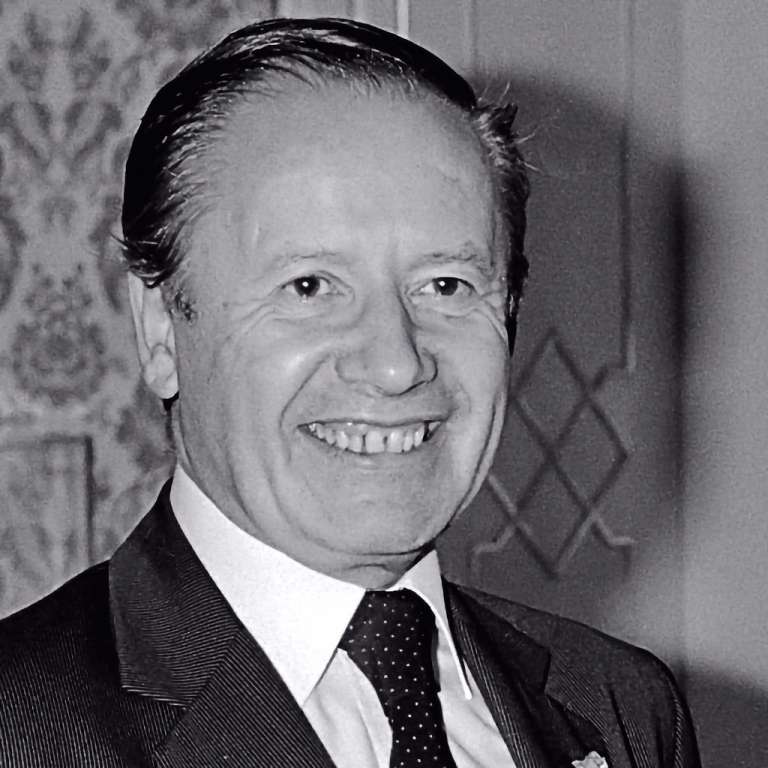30
GASTON EGMONT THORN
LUXEMBOURG
© Rob Croes / Anefo
1928 – 2007
ANCIEN PRÉSIDENT DE LA COMMISSION EUROPÉENNE, ANCIEN PREMIER MINISTRE INITIATEUR DE L’ABOLITION DE LA PEINE DE MORT AU LUXEMBOURG
RESSOURCES :
-
Peine de mort, après l’abolition
-
Dead man talking
-
Justice that Kills: The Death Penalty in the 21st Century
-
L’exemple
-
Quiz
« La société ne peut cependant pas, sous le prétexte de la légitime défense, même dans la légalité, disposer de la vie d’un être humain. »
Rapport de la commission présidée par Thorn
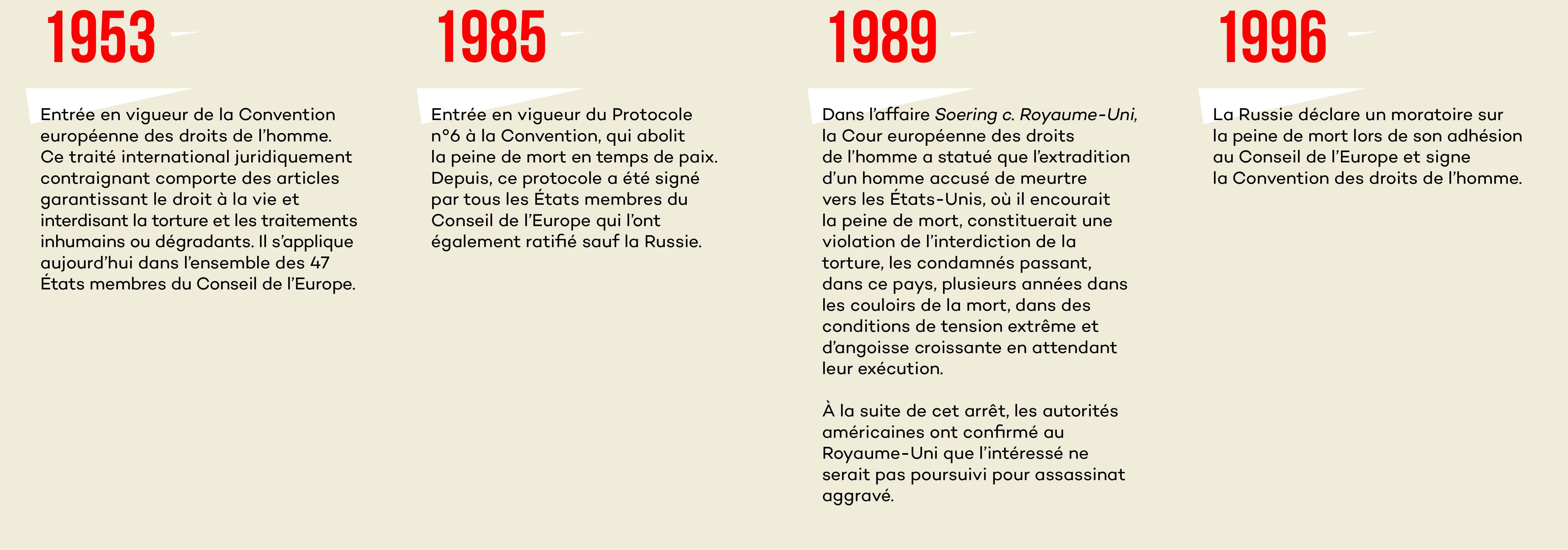
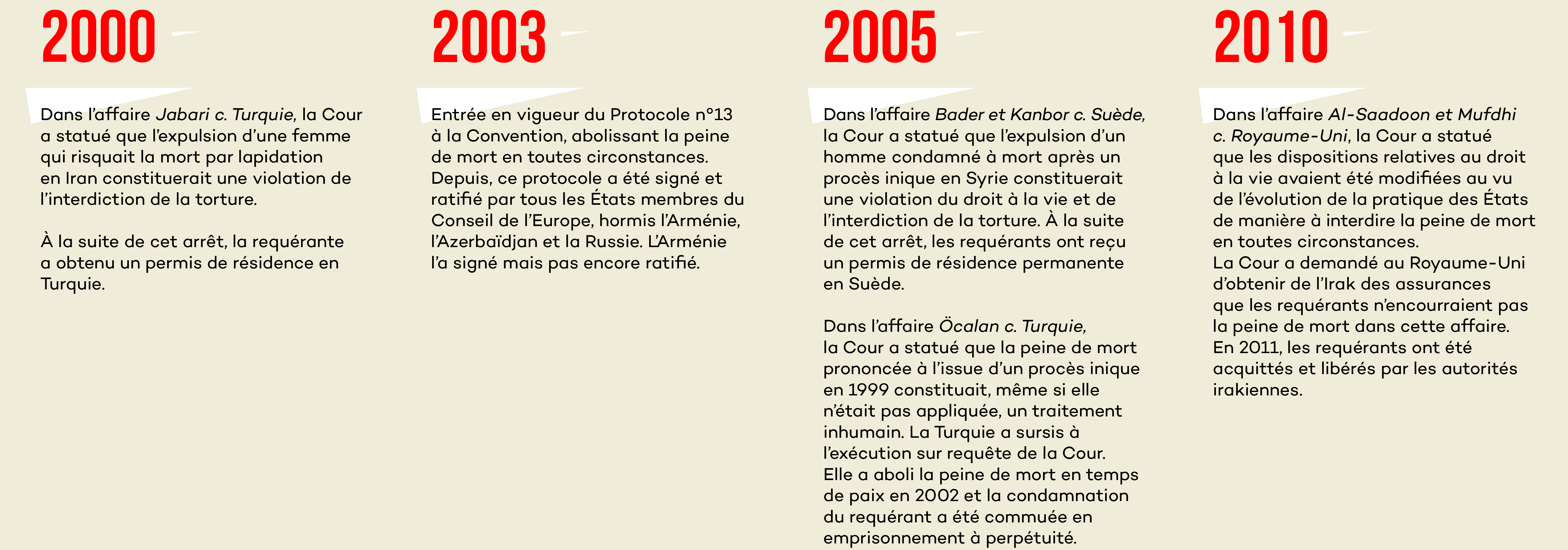
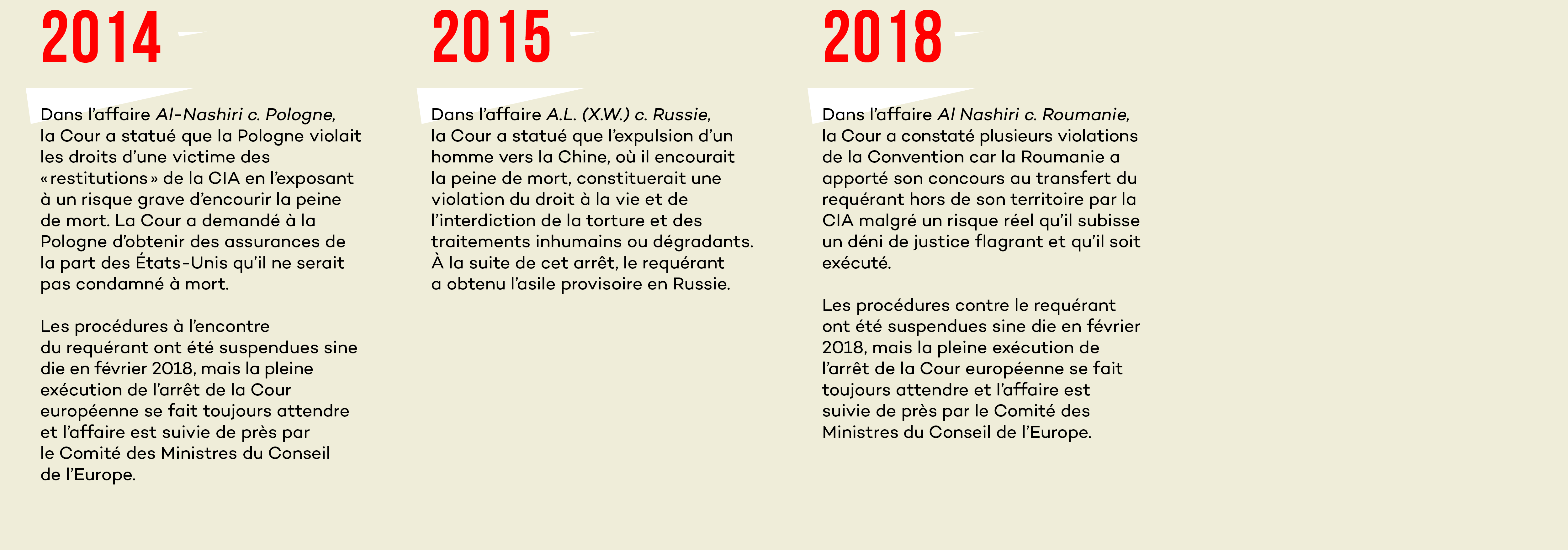
Précédent
Suivant
Gaston Thorn membre du Parti Démocratique (DP), fut Premier ministre du 15 juin 1974 au 16 juillet 1979. Il exerça en outre de hautes fonctions au niveau européen, puisqu’il fut membre du Parlement de 1959 à 1969, mais c’est surtout pour son poste de Président de la Commission européenne, du 6 janvier 1981 au 5 janvier 1985, qu’il est particulièrement connu et reconnu. Plus tard, il devint président de l’Assemblée générale des Nations unies, unique Luxembourgeois à avoir dirigé cette organisation. En 1974, par sa nomination à la tête du Gouvernement luxembourgeois, il est le premier homme politique chargé de ce poste, non issu du parti chrétien social, et ce, depuis la Seconde Guerre mondiale. Il est à l’initiative de réformes législatives conséquentes : dépénalisation de l’adultère, légalisation du divorce, abaissement de la majorité à 18 ans et non des moindres, l’abolition de la peine de mort. La sanction capitale, prévue dans le Code pénal de 1879, n’était presque jamais exécutée dans le grand-duché. La grâce était quasi systématiquement accordée, et le châtiment alors commué en réclusion criminelle à perpétuité. C’est à l’aune de ce contexte qu’un arrêté ministériel daté du 23 octobre 1974 institue une commission spéciale en vue de préparer les réformes permettant d’abolir la peine de mort :
« L’avant-projet de loi élaboré par cette commission prévoit que ″la peine de mort est abolie en toute matière et remplacée par la peine immédiatement inférieure″.
Voici les arguments de la Commission :
« – Il est évident que tout État démocratique a le droit et le devoir de se défendre. La Société ne peut cependant pas, sous le prétexte de légitime défense, même dans la légalité, disposer de la vie d’un être humain.
– Même en admettant que toute statistique peut donner lieu à des interprétations, toujours est-il que toutes les expériences faites à l’étranger prouvent que le châtiment suprême n’est pas efficace en tant qu’intimidant et que, par conséquent, la peine capitale doit être considérée comme inutile, à moins qu’on n’admette le raisonnement indigne que l’entretien d’un prisonnier coûte plus cher à la Société que son exécution.
– La peine de mort est la seule peine qui soit irréparable. Toute autre erreur judiciaire peut-être redressée et réparée, du moins partiellement. Tel n’est pas le cas si l’on a exécuté un innocent.
– Le châtiment suprême est profondément injuste, dans la mesure où il est trop tributaire, soit d’une certaine époque, soit d’une opinion publique elle-même par essence fluctuante.
– Finalement, la peine de mort est indigne d’un État qui se dit démocratique. L’abolition qui a été possible dans quinze pays membres du Conseil de l’Europe devrait l’être également au Grand-Duché.
Pour la majorité de la Commission, le Luxembourg n’entend pas être le dernier de ces pays à garder dans son arsenal des peines le châtiment suprême. »
Le 17 mai 1979 la Chambre des Députés vote l’abolition de la sanction capitale. Robert Krieps (1922-1990), socialiste (LSAP1), ministre de la Justice de 1974 à 1979 sous le Gouvernement Thorn dépose le projet à la Chambre.
« Mesdames, Messieurs, je vous demande d’abolir la peine de mort… »
Aux termes de la loi du 20 juin 1979, « la peine de mort est abolie en toute matière et remplacée par la peine immédiatement inférieure… ». Cette loi est adoptée par 32 voix contre 14. L’abolition est générale. Il n’est fait aucune distinction entre état de guerre et temps de paix.
Le 20 novembre 1984, le Luxembourg ratifie le Protocole n° 6 de la Convention européenne des Droits de l’Homme. L’article premier de ce protocole énonce que « La peine de mort est abolie. Nul ne peut être condamné à une telle peine ni exécuté ». La Constitution du Luxembourg du 17 octobre 1868 est amendée le 29 avril 1999. Dans son chapitre II intitulé « Des Luxembourgeois et de leurs droits », la Constitution précise dorénavant, dans son article 18, que « La peine de mort ne peut être établie. »
Marie Bardiaux-Vaïente
[1] Lëtzebuerger Sozialistesch Aarbechterpartei, Parti Ouvrier Socialiste Luxembourgeois.
- livre

Peine de mort, après l’abolition
Auteurs : Robert Badinter, Hugo Adam Bedau, Peter Hodgkinson, Roger Hood, Anne Ferrazzini and Michel Forst, Eric Prokosch, H.C Krüger, Anatoli Pristavkine, C. Ravaud, Sir Nigel Rodley, Renate Wohlwend, Yoshihiro Yasuda
Date de publication : 2004
Editeur : Conseil de l’Europe
L’Europe est aujourd’hui le seul espace au monde où la peine de mort est quasi hors la loi. Dans les 45 Etats membres du Conseil de l’Europe, y compris les 15 Etats de l’Union européenne et les 13 pays candidats, la peine de mort n’est plus appliquée.
Le Conseil de l’Europe a joué un rôle pionnier dans le combat pour l’abolition, considérant que la peine de mort, en toutes circonstances, n’a pas sa place dans les sociétés démocratiques. Cette volonté d’abolir la peine capitale s’est traduite par l’adoption, en avril 1983, du Protocole n° 6 à la Convention européenne des Droits de l’Homme, sur l’abolition de la peine de mort en temps de paix, puis, en mai 2002, du Protocole n° 13 sur l’abolition en toutes circonstances.
Préfacé par Robert Badinter, principal artisan de l’abolition en France, le présent ouvrage retrace le chemin long et parfois laborieux pour parvenir à l’abolition en Europe. Il aborde également les problèmes qui se posent concrètement pour les États après l’abolition et en marge de celle-ci : la situation des familles de victimes d’homicides et les alternatives à la peine capitale, notamment le choix d’une peine de remplacement.
Aujourd’hui, l’action du Conseil de l’Europe pour l’abolition se poursuit, au-delà de l’Europe, en direction des Etats ayant le statut d’observateur auprès de l’Organisation, en particulier les Etats-Unis et le Japon, dont la situation est évoquée ici.
La publication intéressera tous ceux qui se sentent concernés par cette question, notamment les membres d’ONG, les juristes praticiens, les fonctionnaires de l’administration judiciaire et pénale ainsi que les militants pour la défense des droits de la personne.
- film
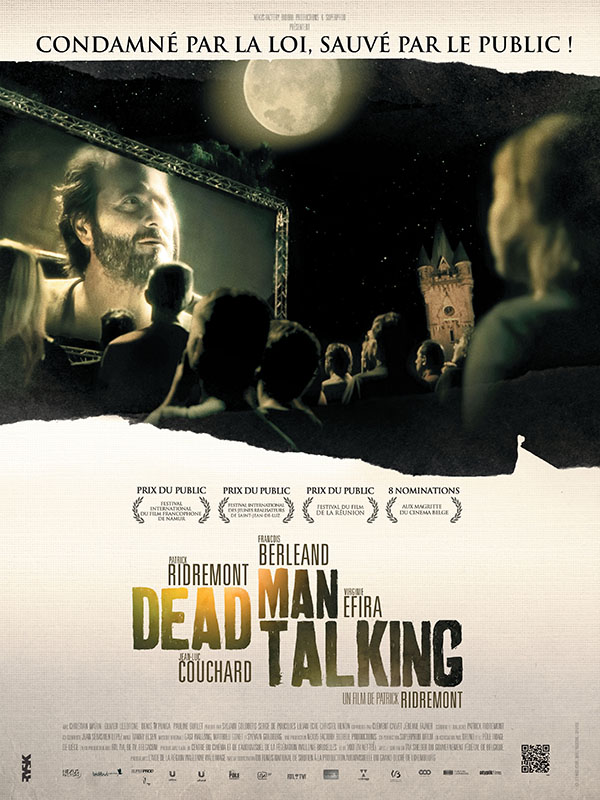
Dead man talking
Réalisé par : Patrick Ridremont
Genre : Drame
Date de sortie : 2012
20 h. Une prison quelque part. William Lamers est condamné à mort. La loi ne précisant pas la longueur de sa dernière déclaration, il va profiter de ce vide juridique pour dérouler le fil de sa vie afin d’échapper à la sentence. Son exécution qui ne devait être qu’une formalité va alors devenir le plus incroyable des enjeux politique et médiatique.
- vidéo
Partagez sur
- activité
- quiz
There are plenty of choices when you are trying to find the best essay writing service. Some allow for no-cost plagiarism checks, while other allow you to speak with writers before placing an order.It’s important to include a brief conclusion, which should sum up the main points you’ve covered in your college essay help and explain how these points relate to the original prompt or question.It is essential to pick the right service to satisfy all of your needs and provide high-quality written work. You also want the assurance of money-back.
